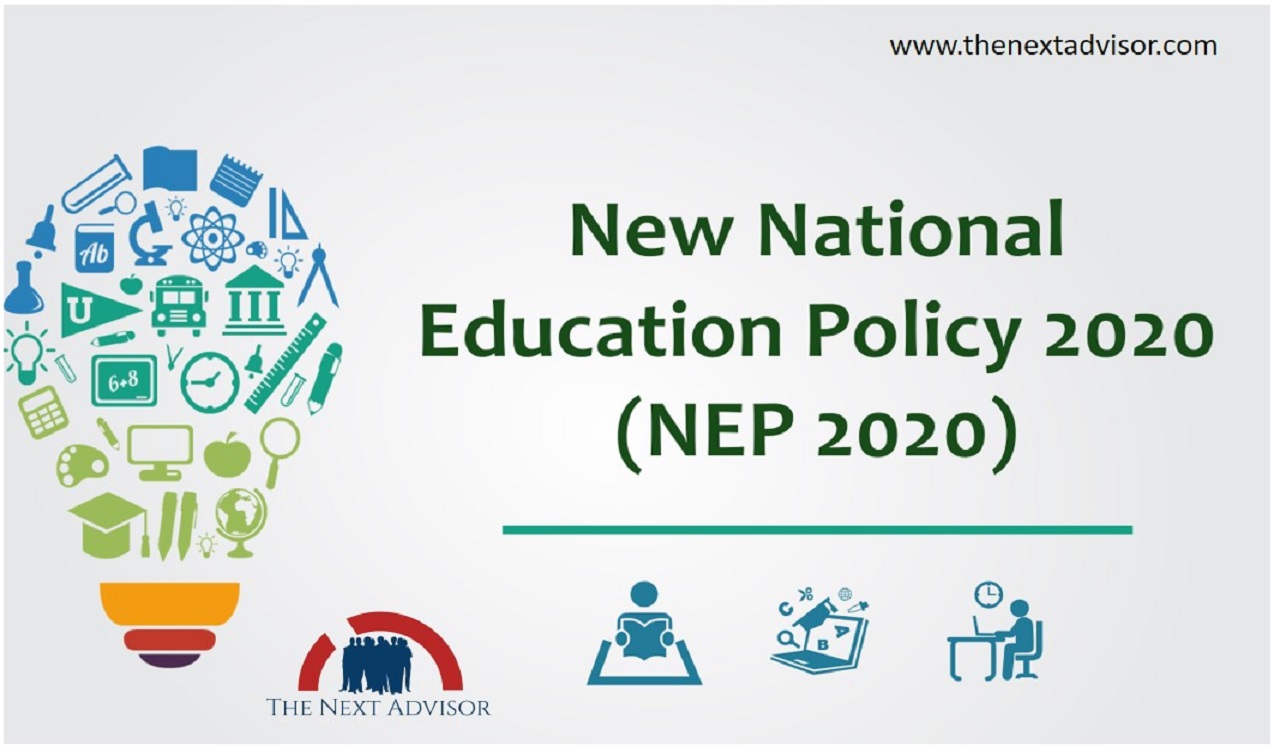NEP 2020
Hello friends, this was all about the NEP 2020.
The new National Curriculum framework for the foundational stages of education was launched by Education Minister Dharmendra Pradhan last week. The thrust on the mother tongue as the medium of instruction, especially in the primary grades, has been a feature of education policies and curriculum frameworks over the years. Recommendations on English have, however, been different. Recommendation from the new NCF? According to the NCF, evidence from research confirms the importance of teaching children in their mother tongue during the foundational years and beyond.
” Since children learn concepts most rapidly and deeply in their home language, the primary medium of instruction would optimally be the child’s home language/ mother tongue/ familiar language in the Foundational stage,” it states. Immediate Impact of This? At the national level, in schools affiliated with the CBSC or ICSC, English is the main medium of instruction in the primary classes itself. That has been the case despite efforts to help the boards adopt the mother tongue or dominant regional languages at least for the primary grades. Most state boards, meanwhile, have their regional languages as the main mode of instruction. However, every state government also runs schools where English is the instruction medium.
The Andhra Pradesh and Telangana governments have taken policy decisions to gradually get all schools to impart education only in English. The second education policy, introduced in 1986, was also silent on using the mother tongue as the medium of instruction at the foundational stage. The new National Education Policy, which was introduced in 2020, markets a departure from the past, as it made a clear case for the mother tongue. What about previous NCF? The NC are detailed guidelines based on which school syllabi undergo revisions. In the NCFs, the role of the mother tongue has been specified more clearly from the beginning.
What does the constitution say? Under Article 350A of the constitution, the government must try to ensure that children from linguistic minority groups are educated in their mother tongue. ” It shall be the endeavor of every state and every local authority within the state to provide adequate facilities for instruction in the mother tongue at the primary stage of education to children belonging to linguistic minority groups”. Article 351 says ” It shall be the duty of the Union to promote the spread of the Hindi Language, to develop it so that it may serve as a medium of expression for all the elements of the composite culture of India.

























